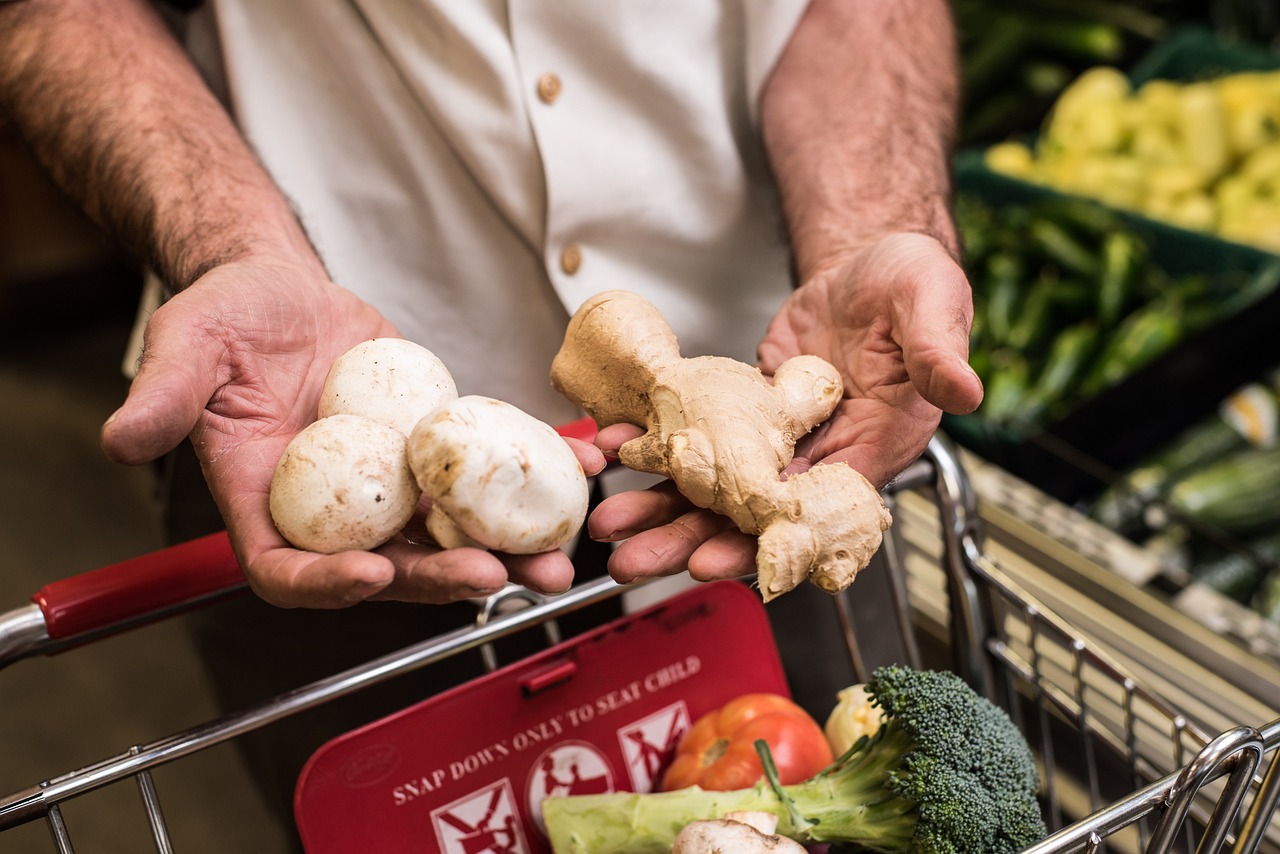The Role of Micro-Influencers in Driving Sales for Small Businesses
Micro-influencers have become a powerful force in the world of digital marketing, especially when it comes to driving sales for small businesses. These individuals have a smaller but highly engaged following on social media platforms, making them an ideal choice for businesses looking to reach a specific target audience. In this article, we will explore the role of micro-influencers in driving sales for small businesses and how leveraging their influence can lead to increased brand awareness and revenue.
The Rise of Micro-Influencers
In recent years, the landscape of influencer marketing has shifted towards micro-influencers. These influencers typically have between 1,000 to 100,000 followers on platforms like Instagram, YouTube, and TikTok. While they may not have millions of followers like macro-influencers, micro-influencers have a more focused and engaged audience, often leading to higher conversion rates for businesses.
Building Authentic Connections
One of the key reasons why micro-influencers are so effective in driving sales is their ability to build authentic connections with their followers. Unlike celebrities or macro-influencers, micro-influencers are seen as more relatable and trustworthy, making their recommendations and endorsements more genuine in the eyes of consumers. This authenticity can greatly impact purchasing decisions and drive sales for small businesses.
Niche Audience Targeting
Micro-influencers are known for having a niche audience that shares specific interests or demographics. This makes them ideal for businesses looking to target a particular niche market. By partnering with micro-influencers whose followers align with their target audience, small businesses can reach potential customers who are more likely to be interested in their products or services, leading to higher conversion rates and sales.
Cost-Effective Marketing Strategies
Compared to traditional forms of advertising, working with micro-influencers can be a cost-effective marketing strategy for small businesses. Micro-influencers often charge less for sponsored posts or collaborations, making it accessible for businesses with limited marketing budgets. This allows small businesses to leverage the influence of micro-influencers to drive sales and grow their customer base without breaking the bank.
Creating Engaging Content
Micro-influencers are skilled in creating engaging and authentic content that resonates with their audience. By partnering with micro-influencers, small businesses can tap into their creativity and storytelling abilities to promote their products or services in a way that feels organic and natural. This can lead to higher engagement rates, increased brand awareness, and ultimately, more sales for the business.
Measuring Success and ROI
When it comes to working with micro-influencers, measuring success and ROI is essential for small businesses. By tracking key performance indicators such as website traffic, engagement rates, and sales conversions, businesses can determine the effectiveness of their influencer marketing campaigns. This data can help businesses make informed decisions on future collaborations and optimize their strategies for maximum impact.
Conclusion
In conclusion, micro-influencers play a crucial role in driving sales for small businesses. Their ability to build authentic connections, target niche audiences, and create engaging content makes them an invaluable asset for businesses looking to increase brand awareness and drive revenue. By leveraging the influence of micro-influencers, small businesses can tap into new markets, boost sales, and grow their business in a cost-effective and efficient manner.
FAQs
Q: How can small businesses find the right micro-influencers to partner with?
A: Small businesses can use influencer marketing platforms, social media analytics tools, or work with digital marketing agencies to identify and connect with relevant micro-influencers for their brand.
Q: What are some best practices for collaborating with micro-influencers?
A: It’s important for businesses to establish clear goals, expectations, and guidelines when working with micro-influencers. Providing them with creative freedom and feedback can lead to successful collaborations and impactful results.
Q: How can small businesses measure the ROI of their influencer marketing campaigns?
A: Small businesses can track key metrics such as website traffic, engagement rates, sales conversions, and return on investment to measure the success of their influencer marketing efforts and make data-driven decisions for future campaigns.







